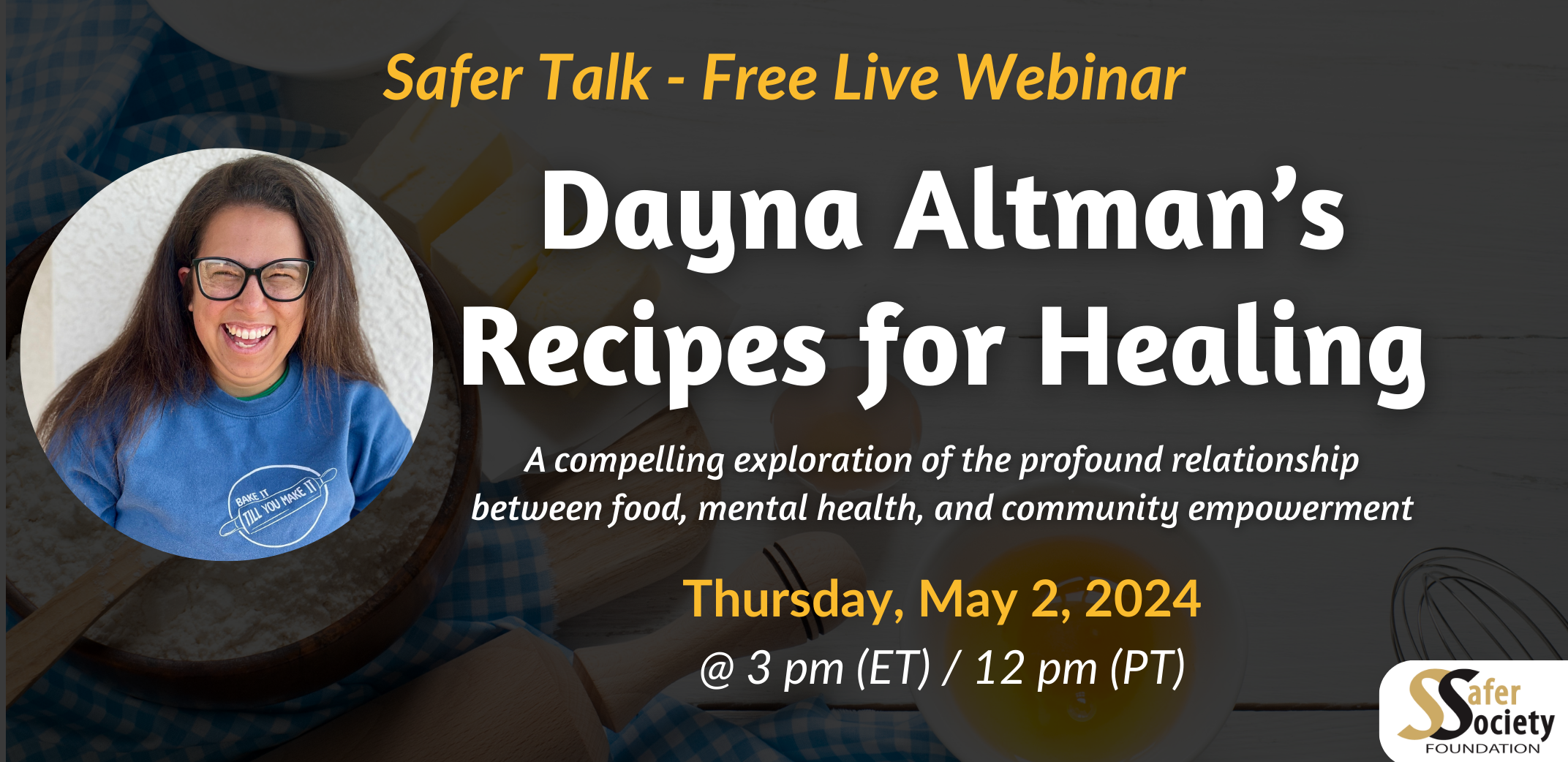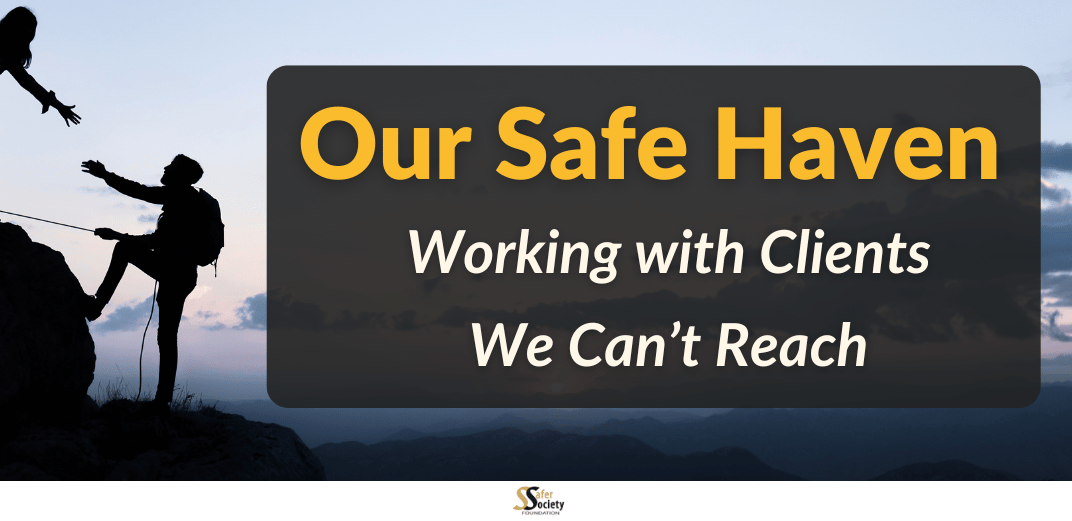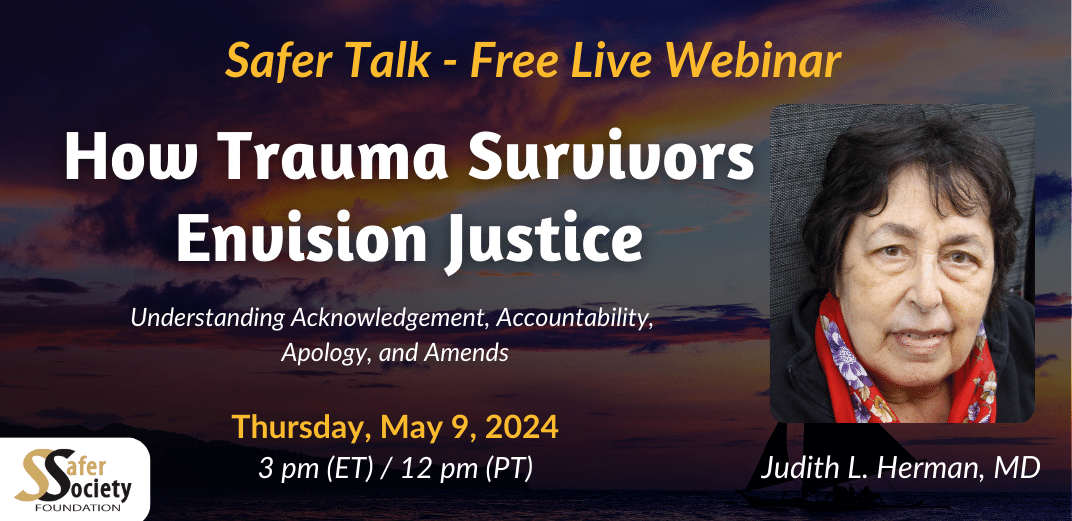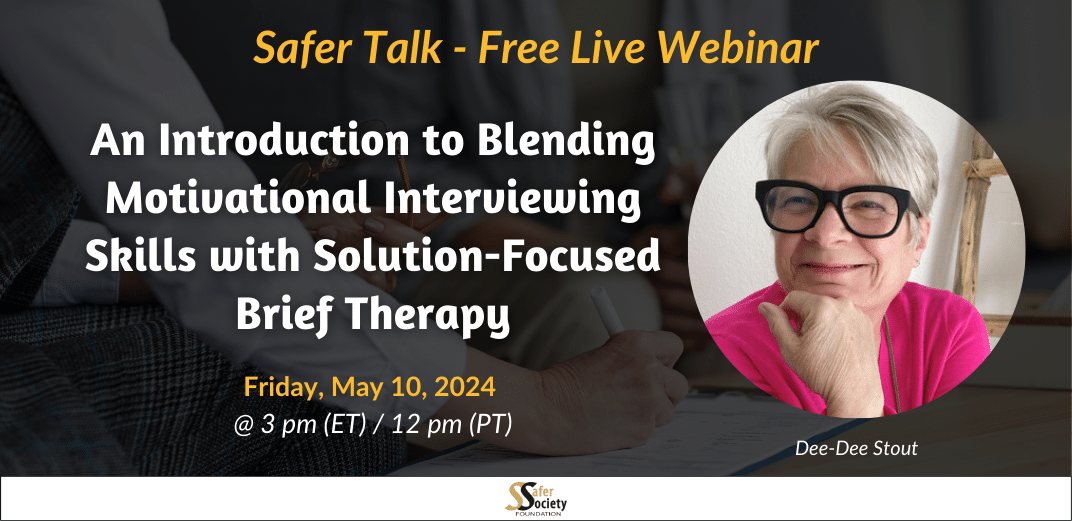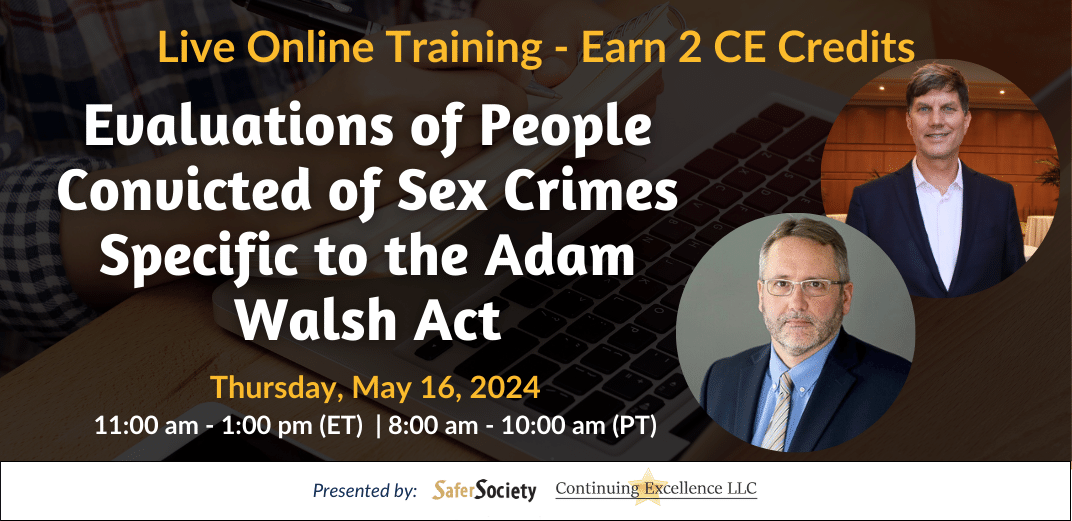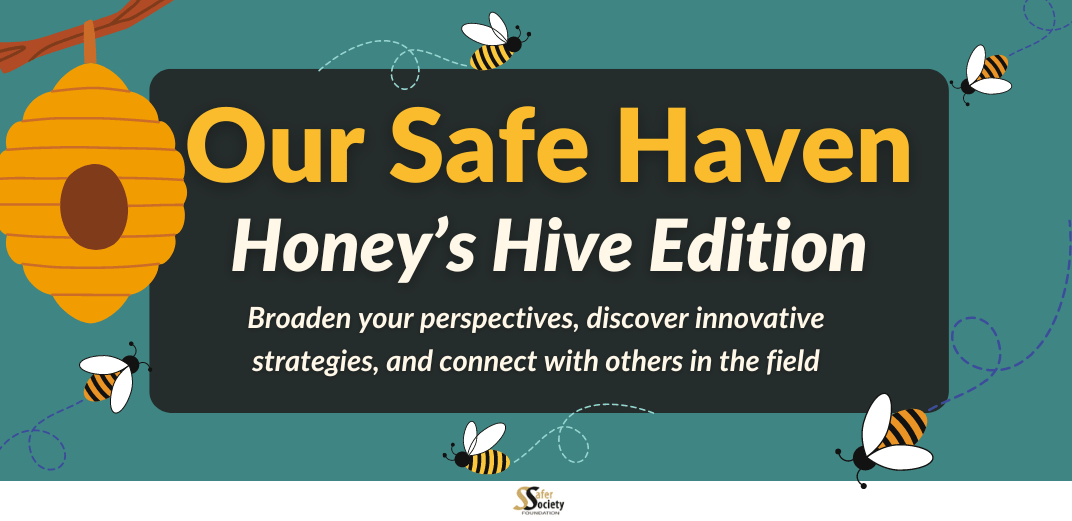Dayna Altman’s Recipes for Healing
Food heals; food connects. Food is the way in which Dayna Altman shares her mental health story—one that inspires others to share theirs’ too.
Dayna Altman's uplifting journey of healing and advocacy is a testament to the transformative power of food. In this upcoming webinar, Dayna shares her personal story of living with depression and OCD, and being in long-term eating disorder recovery. Through her experiences, she has found that food not only heals the body but also has the remarkable ability to connect individuals and communities. Dayna delves into her unique recipes for healing, emphasizing the role of food as a source of hope and wellness.
Join us for an enriching and uplifting Safer Talk session as we explore the healing and preventive potential of food and celebrate the resilience and success stories within diverse food traditions and beyond.

